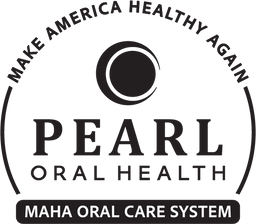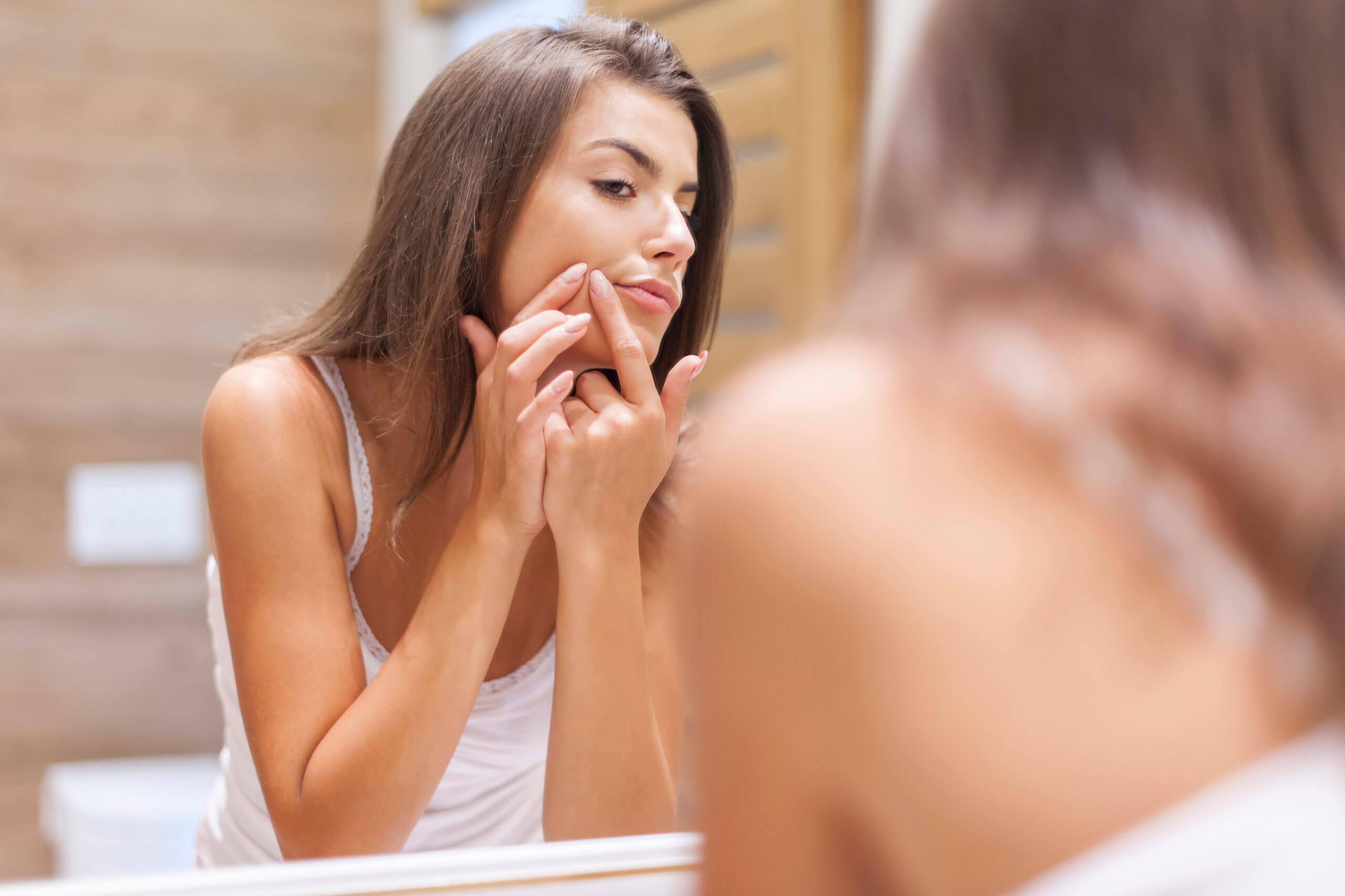Ingredients like salicylic, glycolic, and hyaluronic acid have become skincare staples that you’ve probably heard of before. However, hypochlorous acid has become increasingly popular in recent times. Hypochlorous acid is very versatile: it is gentle enough to effectively treat acne, yet it has been proven to be a powerful disinfectant against viruses and disease. This all-natural and non-toxic ingredient will quickly become your skin’s best friend, as its antimicrobial and anti-inflammatory properties work to combat acne.
What is Hypochlorous Acid?
Hypochlorous acid is a naturally occurring molecule that plays a role in the human immune response. It is found in the white blood cells and helps control the body’s response to an injury and protect it from infection. Hypochlorous acid travels to the site of the infection and eliminates the bacteria and pathogens present to reduce the potential for further harm to the human body.
Hypochlorous acid is also recognized as a major active component in bleach and demonstrates antimicrobial properties. In fact, hypochlorous acid is commonly referred to as nature’s oldest disinfectant. As a cleaning agent, it is widely used in hospitals and other healthcare settings to sanitize and reduce the spread of infection. It has also been approved by the United States Food and Drug Administration for use in wound care and eye care products.
Hypochlorous acid is used as a disinfectant in medical settings due to its ability to get rid of many different viruses and bacteria as well as hard to eradicate pathogens such as MRSA which are a common cause of nosocomial infections (infections that are acquired while in a particular location such as a hospital or nursing home).
Can Hypochlorous Acid Treat Acne in Adults and Teens?
In addition to helping the body fight off infection, some statistics show the effectiveness of hypochlorous acid for acne. Acne is a problem for many teens and often continues into adulthood.
You might ask if hypochlorous acid occurs naturally in the body, how can it be used as a skincare product? Great question!
Through a process called electrolysis, scientists combine natural ingredients like salt and water to create hypochlorous acid outside the human body. Hypochlorous acid is commonly produced on a commercial scale for use in routine skin, wound, and eye care products.
Hypochlorous acid (HOCl) has anti-microbial and anti-inflammatory properties. These properties work together to not only prevent new acne from forming but to help treat existing acne and reduce acne marks from previous breakouts.
Who Should Use Hypochlorous Acid? Is It Safe?
Hypochlorous acid solutions aren’t just for those who suffer from mild to moderate acne. Hypochlorous acid can help to clear the skin in a variety of ways. Unlike many other topically applied acne or skin cleansing formulations that can sting, irritate or aggravate the skin, hypochlorous acid has no such adverse side effects.
One common concern people often have about skincare products is if they are safe to use while pregnant, breastfeeding, or in some cases, for children. There have been multiple studies on the safety of hypochlorous acid. Hypochlorous acid products are safe to use during pregnancy while breastfeeding and on children. However, studies are not readily available regarding the use of hypochlorous acid on children younger than age 2.
How Hypochlorous Acid (HOCl) Clears Acne
HOCl Cleansing
Hypochlorous acid is a highly effective cleansing agent. When applied to the skin, it can remove biofilms and other irritants. Biofilm is a complex collection of microorganisms, including bacteria, protozoa, and algae. Biofilms are the cause of a wide variety of microbial infections in the body as well as a source for the spread of infection.
The formulation of biofilm is considered a serious issue or challenge for those who have chronic wound infections, including acne and the associated sores. Hypochlorous acid works to break down biofilm as well as eliminate the microorganisms within the biofilm. Also, the microorganisms that comprise biofilm form a protective shell, which makes it possible for bacteria to collect and spread. This makes it difficult for your body to destroy the bacteria and other pathogens that can cause skin irritation (including acne) and wound infection. The removal of biofilms enhances the effectiveness of hypochlorous acid for acne.
Anti-Inflammatory Properties
One of the worst parts of acne is inflammation. The large, red, very sore, and swollen spots appear all over your face. Hypochlorous acid can help to reduce this painful and unsightly inflammation through the natural anti-inflammatory elements it contains. Hypochlorous acid works to minimize wound inflammation that inhibits the body’s ability to minimize acne naturally.
Ways to Apply HOCl to the Face
Hypochlorous acid treatments for acne are available in a variety of applications. Here are the most popular:
Sprays
Several companies sell hypochlorous acid sprays that are used in place of your toner in your skincare regimen. After cleansing with a toner appropriate for your skin, a hypochlorous acid spray is applied to the entire face.
When you are looking for a hypochlorous acid spray, look for one with minimal and all-natural products. The best hypochlorous acid sprays contain only hypochlorous acid, filtered, electrolyzed water, and salt.
Face Washes
Although more difficult to find, some skincare companies offer hypochlorous acid face washes as part of their skincare line.
Skin Serums
Some manufacturers also carry hypochlorous acid serums which take the place of your daily moisturizer. After completing your skincare routine but before applying any make-up or other products, the serum is applied and allowed to dry completely.
HOCI Is One of the Best Natural Solutions for Acne
Several studies have been conducted around the success and benefits of using hypochlorous acid as a natural acne treatment. Because hypochlorous acid is free of the harsh chemicals typically found in prescription (and even some over the counter) acne treatments, it is a gentle and proven effective treatment for acne of varying severity.
Unlike many other topical acne treatments, hypochlorous acid is safe for use at all times, even during pregnancy and breastfeeding. Studies have shown no adverse or harmful side effects to the use of hypochlorous acid for acne treatment as it is a naturally occurring compound within the human body. When adequately synthesized through laboratory science, the end product is safe for use even in the eyes!
Similar studies have shown hypochlorous acid to be highly effective in the treatment of acne and the associated inflammation and scarring associated with moderate to severe acne breakouts. Hypochlorous acid products would be highly beneficial for individuals who struggle with acne yet are unable to use harsh chemical treatments due to skin irritation and discomfort. Many hypochlorous acid skincare products are available without a prescription, making it easy to try in the place of previously failed acne treatments.
If you suffer from acne and are unable to use traditional acne treatments, consider hypochlorous acid (HOCl) products as an alternative solution!
For more articles about holistic alternatives for overall wellness, visit our blog.
Resources:


